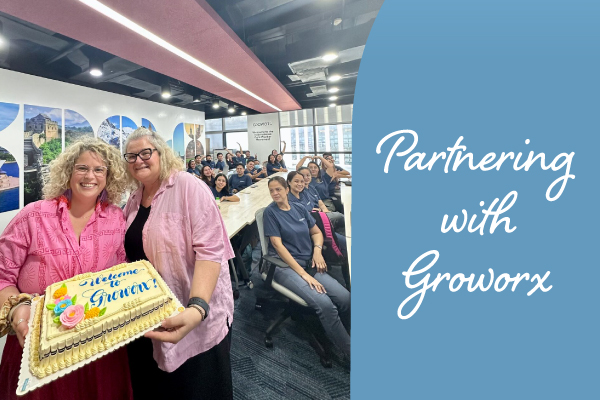More than half of all people in permanent residential aged care have dementia, according to a report released last month by the Australian Institute of Health and Welfare (AIHW). This highlights the importance of understanding the impact Alzheimer’s and dementia in aged care. Both the Certificate III in Individual Support (CHC33015) and Certificate IV in Ageing Support include dementia specific units to equip staff to support all individuals.
Dementia is a syndrome caused by a variety of different diseases and conditions. The most common of these is Alzheimer’s disease.
Everyone with dementia is unique and symptoms will vary. Memory, behaviour, thought processes and the ability to perform everyday tasks can all be affected.
The Government is currently updating the Victorian Dementia Action Plan. Once updated, you can find it on the Victorian Government Health Information website.
In Australia, more than 342,800 people have dementia with many continuing to participate in their community, according to statistics from Alzheimer’s Australia. The not-for-profit organisation offers support services, education and information and advocate for the needs of people living with dementia, as well as their families and carers.
Alzheimer’s Australia provides the following communication messages that people living with dementia have said would make a difference to their lives.
- Talk to me. Please talk to me, not my carer, family member or friend. Don’t prejudge my level of understanding.
- Please speak clearly to me. Make eye contact and speak clearly. Use short sentences, with one idea at a time. Avoid jargon, as I might misunderstand.
- Please keep questions simple. Make sure I am listening and use simple questions and/or repetition, offered with sensitivity. It’s easier for me to answer direct questions, rather than open-ended questions, such as saying “Wasn’t it lovely when we went out to the park yesterday?” not just “Wasn’t it lovely yesterday?”
- Treat me with dignity and respect. I am still a person, so don’t patronise me. Respect and empathy are important to everyone. If I act differently it may be because I am having difficulty communicating or because of my disease.
- Don’t question my diagnosis. The symptoms of dementia are not always obvious. Listen to me and don’t minimise my feelings.
- Distractions cause disruptions. Less noise and fewer distractions, such as bright lights, will help me to focus.
- Be patient and understanding. Sometimes it takes a little longer for me to process information and find the right answer. Don’t rush me. Allow me time to speak.
- Break it down. Providing information in smaller chunks will really help me.
- Signage. Please use clear and simple signage.




